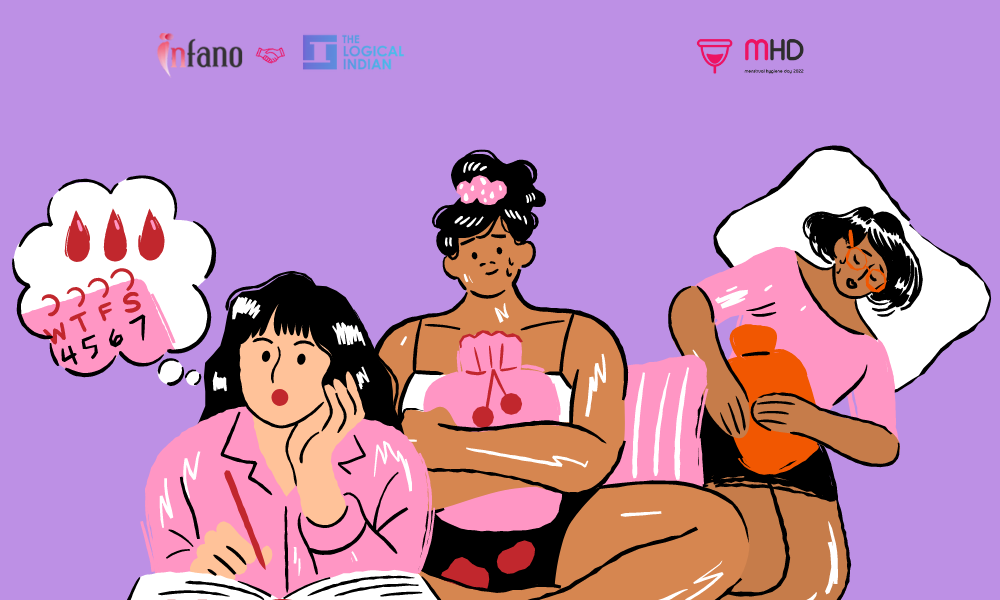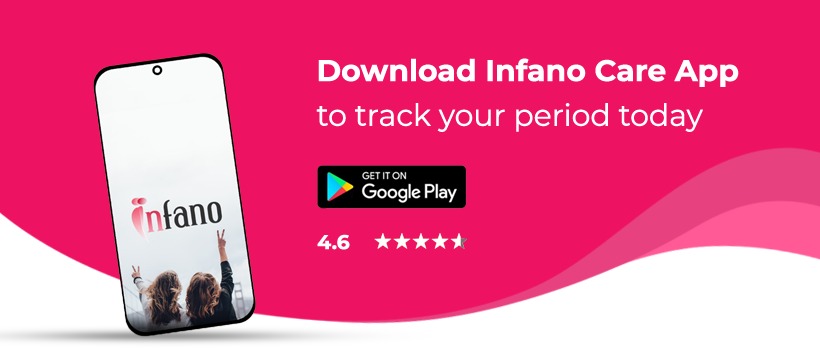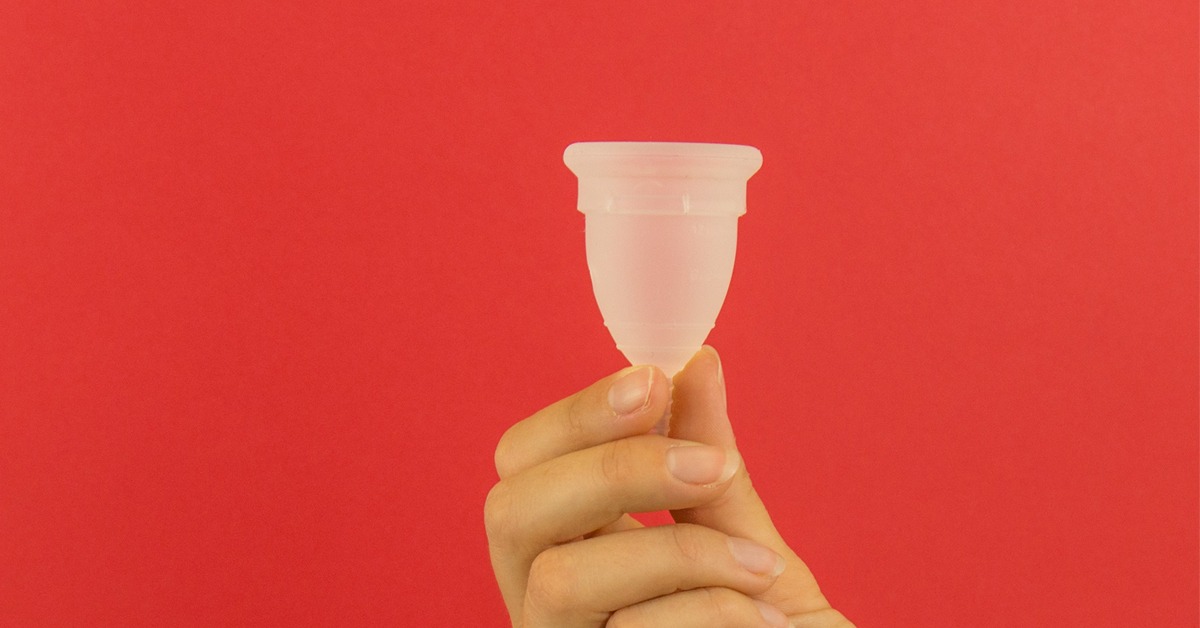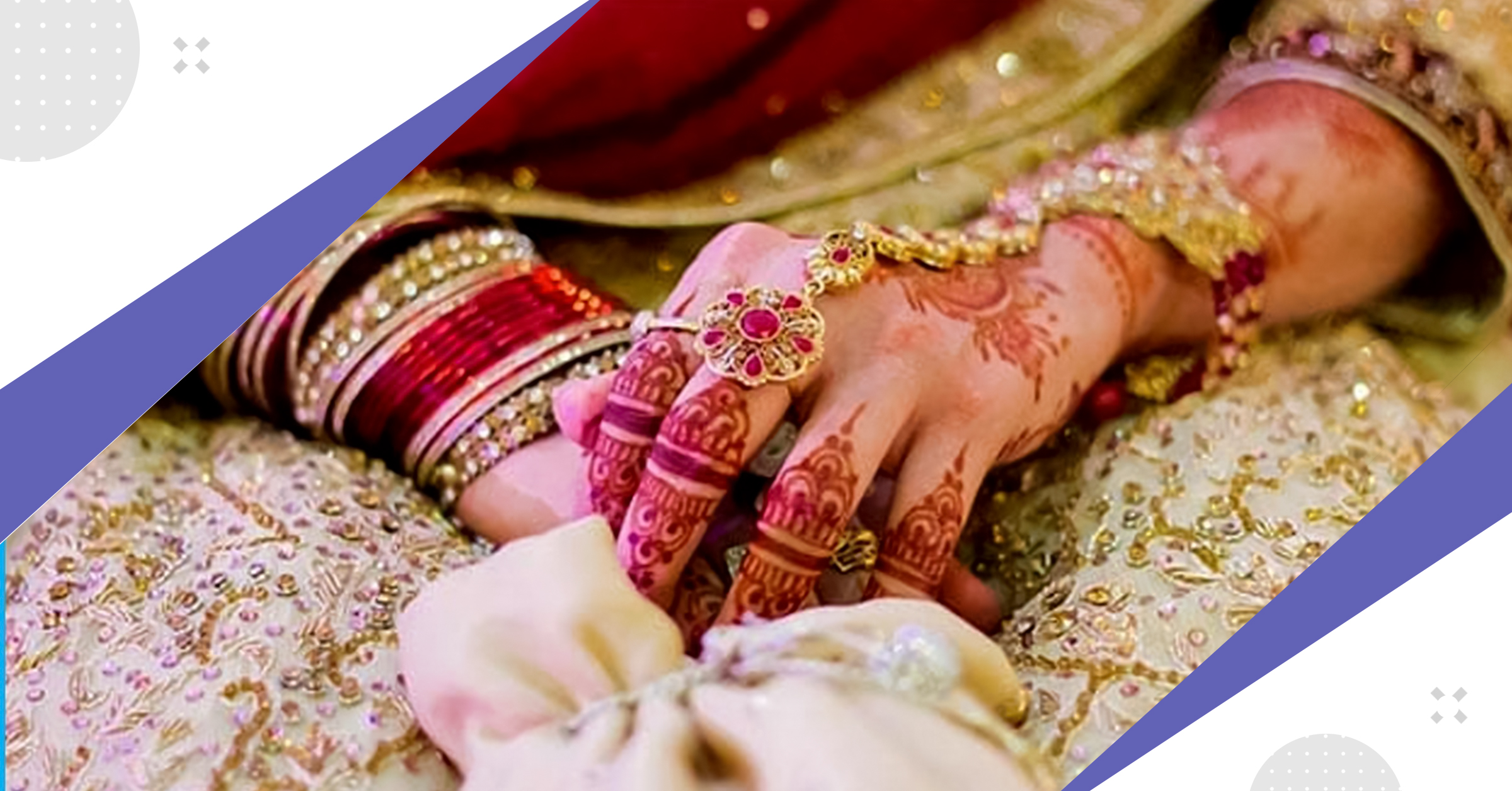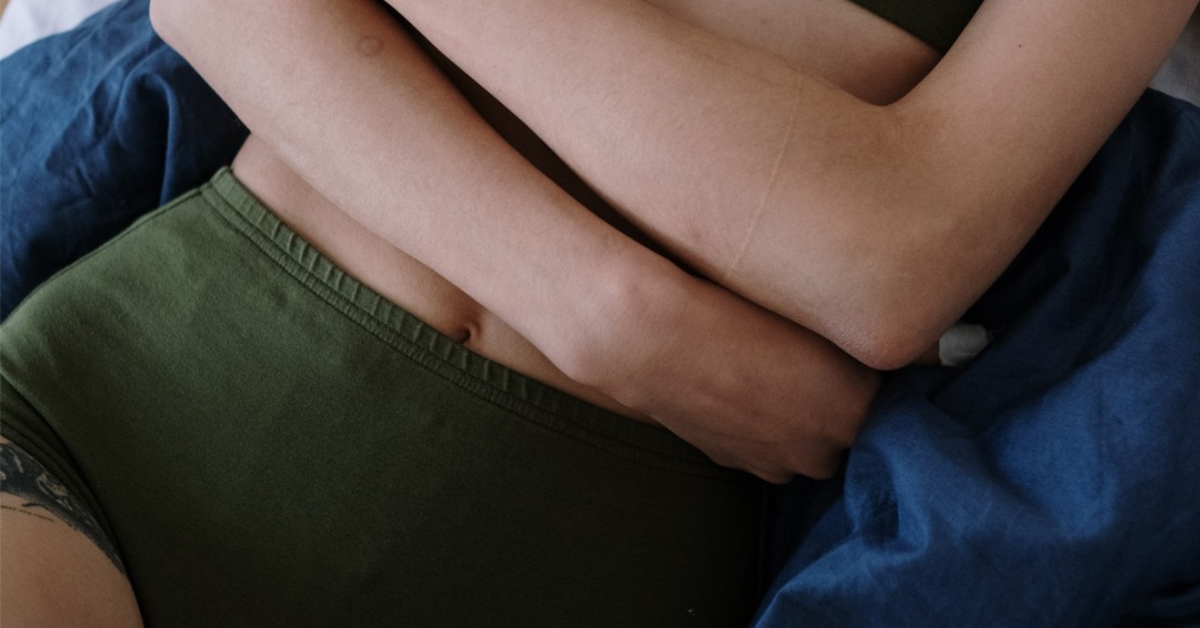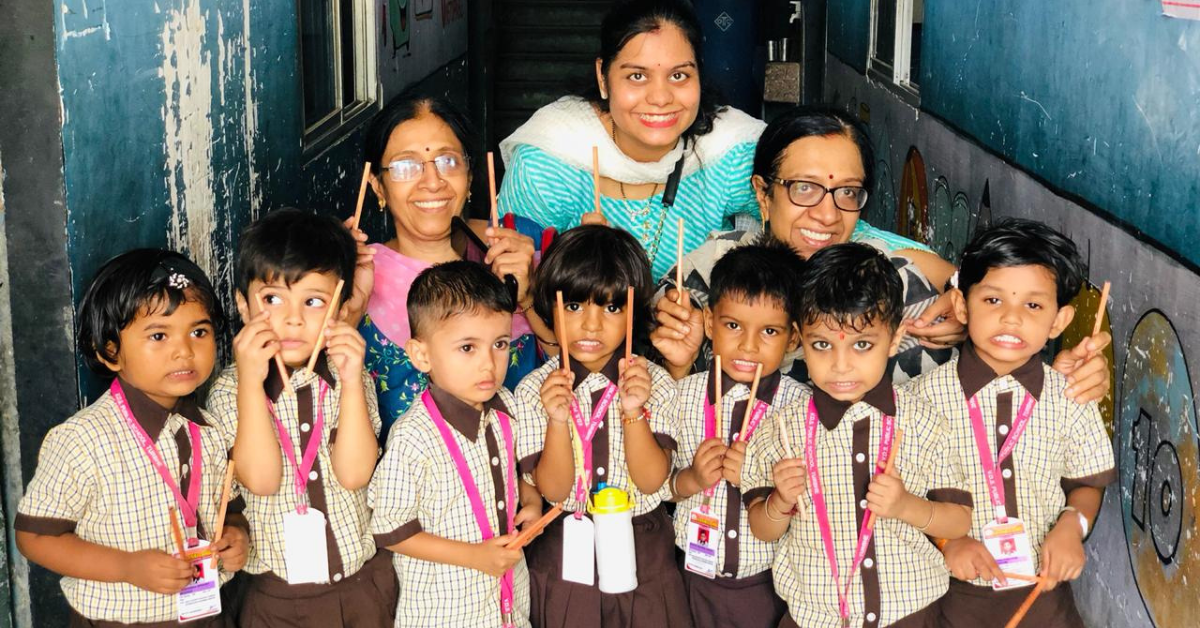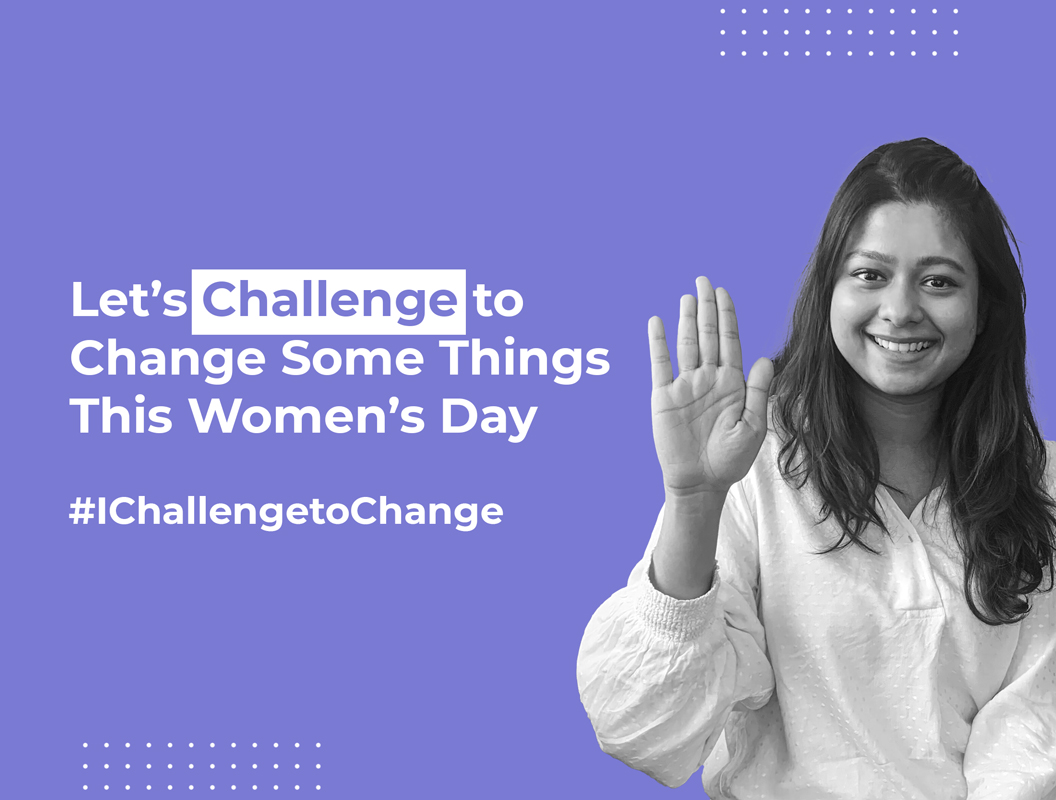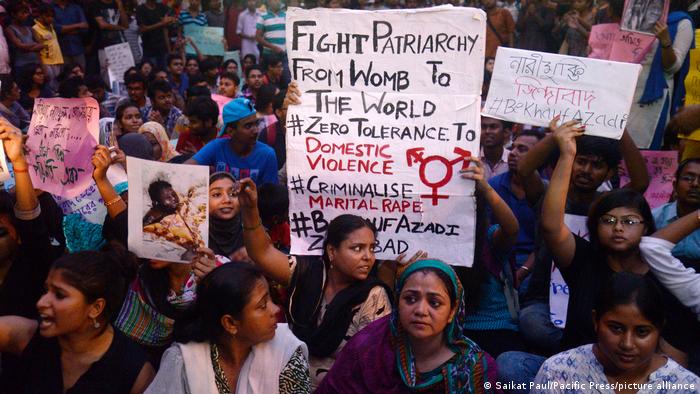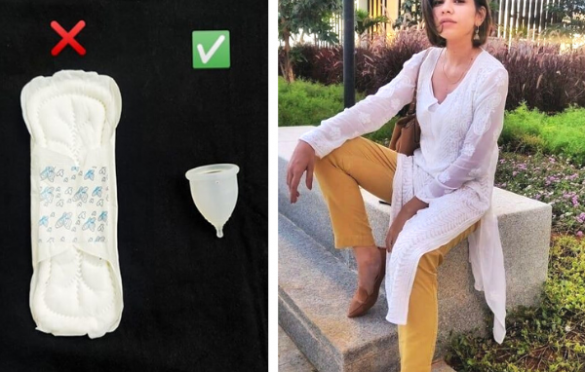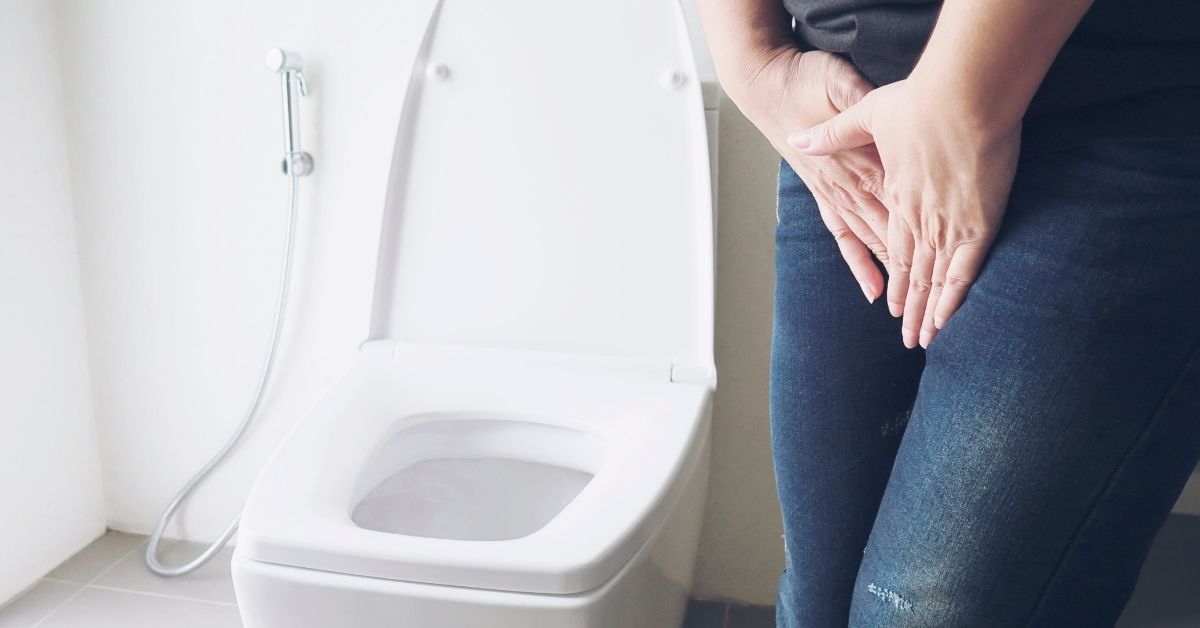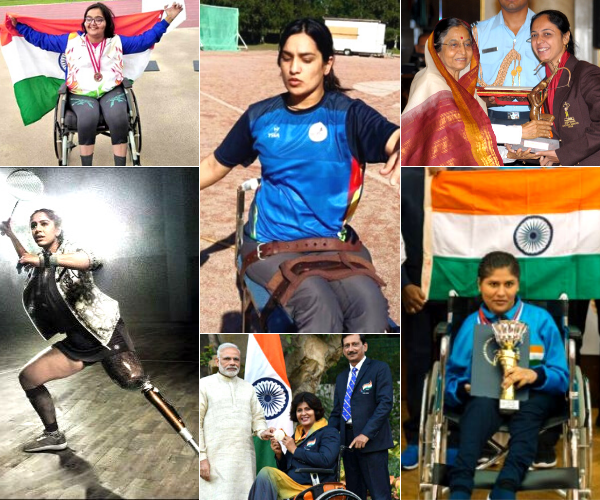Lack of education about menstruation is one of the drawbacks to achieving adequate menstrual hygiene worldwide. Schools offer an important chance to transform menstrual hygiene programs that will benefit young girls in the future.
According to the research, India is home to about 113 million young girls and around 54% of these girls are unaware of menstruation before they have their first period. Around 77% of people aren’t aware that the uterus is the source of the bleeding and only 45% consider that menstruation is normal and a vast majority of people observe religious, socio-cultural and food taboos during their menstruation. In total 70% of mothers consider menstruation to be polluting and dirty and around 63 million girls live in homes which lack bathroom facilities.
Research from 2011 also suggested that in the country 88% of women and girls were using unhygienic, unsafe menstrual absorbents. Later, some progress was seen.
In 2015-16, the latest National Family Health Survey 4, India’s DHS reported that about 42.4% of young women, aged between 15 and 24 are still using unhygienic protection methods during their period.
Lack of education leads to stigma
We can see a bright future for menstrual health education for all genders, but in the previous years when it wasn’t a priority, the adults needed to know about menstrual health later in their life.
Monica Karpinski, founder and editor of The Femedic stated “I know from my world and my research that there is a huge education gap around menstruation. Menstruation is the second most popular category on our site behind sexual health. You can see a real appetite for information which communicates that education is not there to fill that gap.”
This education gap can have contagion effects. Lack of education on menstruation health and hygiene is an important foundation that will maintain the stigma around periods and it will affect a certain group of population. Premenstrual stress is also a domain around periods in which women faced stigma. The health and education of young people who menstruate can also get impacted by facing shame-inducing stigma. Period poverty can also add difficulties and hamper the lives and education of people menstruating.
Mae Matauka, a founder of the Mino Period and a trustee of The Vagina Museum stated, “It is important to remember that period poverty is not confined to just access to menstrual products. It also includes having poor knowledge of menstruation. This goes to have a more open and frank conversation about menstruation and more information and resources that will help tackle the taboo, stigma and shame.”
If lack of education feeds stigma, you need to increase education around menstrual health and hygiene. Along with girls, including boys in these topics from a young age is great for creating a society free from period stigma and this will also improve scientific knowledge of how the body works.
Kapinski agreed that teaching about menstrual health among all genders is important. She said, “Ideally, if this was being taught in school, you’d teach it in an inclusive way, so it wouldn’t be about genders, it would be about ‘this is what happens in this body part.”
Making clear, accessible menstrual health education is an important key to tackling period stigma, which is an obstacle to gender equality, improving lives and building knowledge.
A vital chance to improve Menstrual Hygiene Management (MHM)
Schools play a crucial role to address MHM comprehensively. So what about young girls and MHM in Indian schools?
A systematic review on MHM in India stated that an estimated 60% of young girls are enrolled in about 1.4 million schools. Around 24% of school girls didn’t attend their school during periods and only 37% of girls changed their absorbents in school.
Schools can be vehicles for the girl to change but they also serve to continue discrimination and stigma regarding menstruation.
Modules for teachers and peer educators must be developed in school that will provide comprehensive information and essentials on menstruation and MHM.
- Safe, hygienic and functional toilets and separate toilets for girls
- Water in toilet units for girls to wash their parts and menstrual absorbents
- Provisions in toilet unit to hang and store belongings such as shelves and hooks
- Proper dustbin for safe disposal of menstrual waste
- Private and safe changing room or space
- Soaps or liquids to wash hands
Through special programs, we can address detrimental social norms, provide girls education on menstrual health and hygiene, and access to a vast range of safe and hygienic menstrual absorbents and options for treatment of menstrual waste and safe disposal. Reach out to girls who are enrolled but do not attend schools or discontinue their education due to lack of knowledge and transform the menstrual health and hygiene landscape in India for a better tomorrow.
This #MenstrualHygieneDay, #Infano along with #TheLogicalIndian, is addressing nuanced conversations on period centering on the well being of the menstruators as they power through every day. Share your thoughts about inclusive menstrual health education in the comments because your views can trigger an important aspect that we all need to know and talk about! #IBleedMyWay #MHD2022

